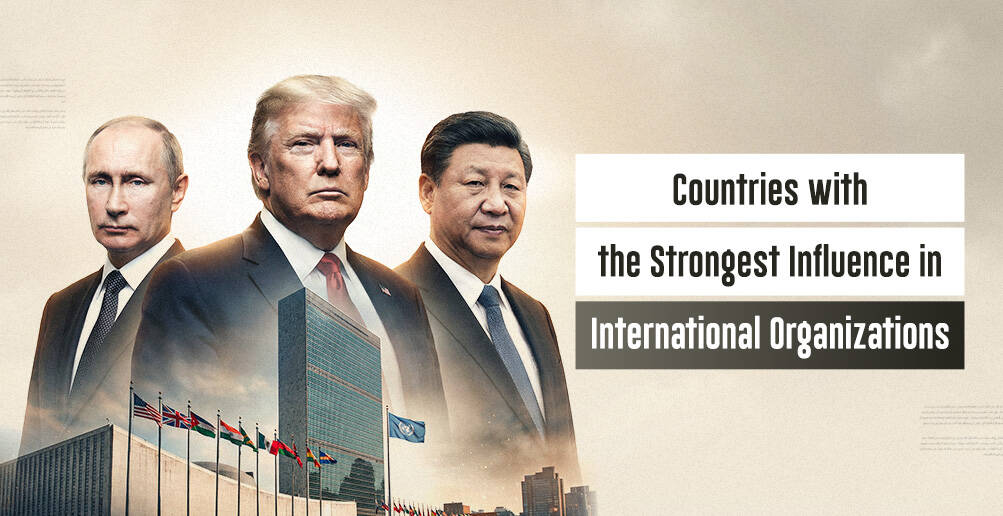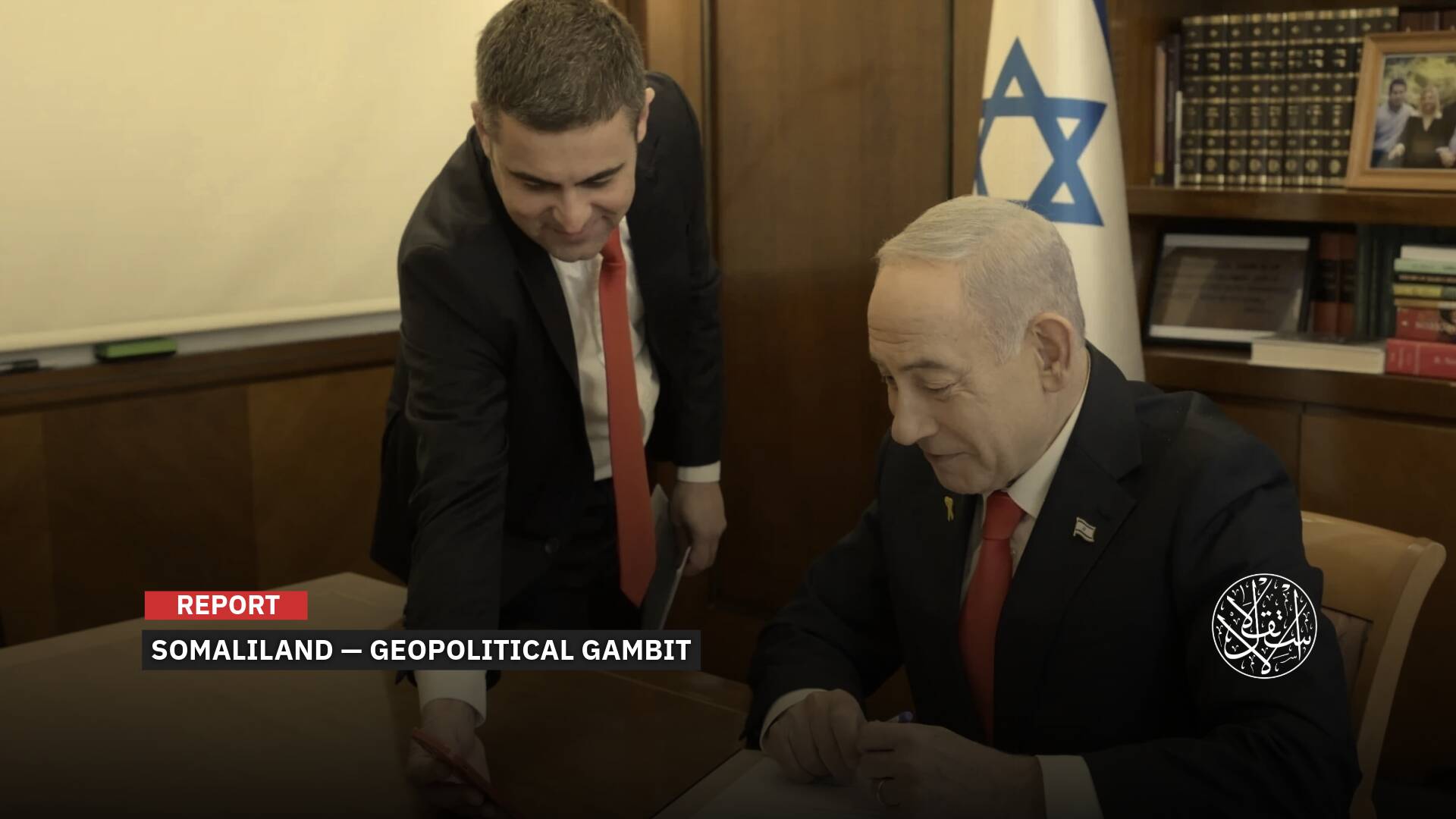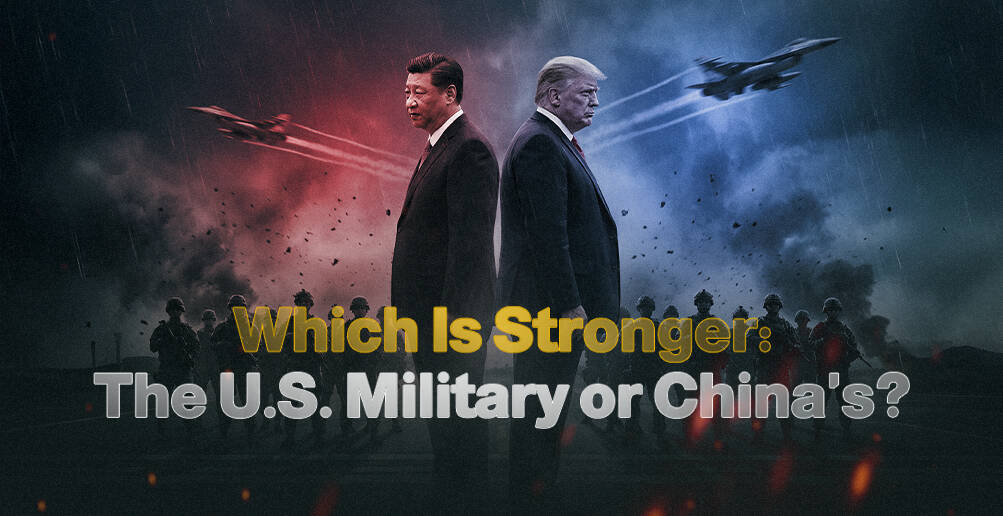Why Did Honduras Cut its Ties With Taiwan All of a Sudden?

On March 26, Honduras established diplomatic ties with China and severed ties with Taiwan, in a move that observers described as “a new setback for Taiwan.”
After more than 82 years of cooperation and relations between Honduras and Taiwan, China has managed to win Honduras to its side and break the link between Honduras and Taiwan.
With this move, Taiwan maintains diplomatic relations with only 13 countries, mostly small countries such as Guatemala, Paraguay, Haiti, the Vatican, Eswatini (formerly Swaziland), Tuvalu, the Marshall Islands, Belize, Saint Kitts, Nauru, Palau, Saint Vincent, and Saint Lucia.
For its part, Taiwan said that the move by Honduras was due to China’s policy of intimidation and coercion towards its neighbors in the region, which threatens peace in the entire region.
China and Honduras just established diplomatic relations.
— Hua Chunying 华春莹 (@SpokespersonCHN) March 26, 2023
China y Honduras establecen relaciones diplomáticas. pic.twitter.com/aJELJVOMJF
One China
The Honduras official statement said that the Government of the Republic of Honduras “recognizes the principle of ‘one China,’ and the Government of the People’s Republic of China is the only legitimate government representing all of China. Taiwan is an integral part of Chinese territory.”
Since Taiwan’s secession in 1949, China has tried to isolate it from the international stage through promises of bilateral trade and investment, and Beijing has largely succeeded.
China claims that democratic Taiwan is part of its territory, and the self-administered island is one of its provinces that it will one day retake, by force if necessary.
Chinese authorities have sought to isolate Taiwan diplomatically since 2016, when a president from a party that supports independence was elected.
China has been stepping up military, economic, and diplomatic pressure on Taipei since President Tsai Ing-wen came to power and was re-elected in 2020. The Taiwanese president belongs to a party that supports the island’s independence, an absolute red line for the Chinese government, which is threatening to intervene militarily to prevent that from happening.
At the same time, international support for Taipei has increased. In recent years, Western parliamentary and ministerial delegations have visited the island despite the lack of diplomatic relations between their countries and Taiwan.
In recent years, Beijing has wrested recognition from Taipei from Latin American allies such as the Dominican Republic and Nicaragua.
With deep regret we announce the termination of diplomatic relations with Honduras. 82 years of friendship & cooperation bringing real benefit to the peoples were dismissed by the Castro government. Taiwan remains unbowed & continues to work as a force for good in the world.
— 外交部 Ministry of Foreign Affairs, ROC (Taiwan) ���� (@MOFA_Taiwan) March 26, 2023
Economic Need
For its part, Taiwan did not hide its knowledge of the motives that led Honduras to abandon Taiwan and rapprochement with China, which was expressed by the Taiwanese foreign minister, saying that the President of Honduras has “illusions” about China’s promises of economic aid, adding that “China has not stopped trying to entice Honduras through financial incentives.”
In this context, the President of Honduras, Xiomara Castro, had previously stated on March 15 about the great needs of Honduras and also spoke of Taiwan’s refusal to increase its aid to it.
The announcement of Beijing’s recognition was therefore not surprising, as Castro, who was recently elected in January 2022, promised to do so.
Calling the Honduran action a “sovereign decision,” the U.S. State Department said: “It was important to note that China often makes promises in exchange for diplomatic recognition that ultimately remain unfulfilled.”
Honduras, which recently established diplomatic relations with China, is hoping to attract more Chinese tourists and investors to its shores. The country boasts attractions such as ancient Mayan ruins, coral reefs, and tropical rainforests.
Xu Xiaolei, a marketing manager at CYTS Tours Holding Co., a Chinese travel agency, said in media statements that his company was previously barred from organizing trips to Honduras. He said he was interested in exploring the potential for tourism cooperation between the two countries.
Honduras, a Central American nation with abundant marine and mineral wealth, is eager to attract Chinese investors and visitors.
The trade between Honduras and China reached $1.589 billion last year, according to Chinese customs data.
But the vast majority of that amount—$1.56 billion—consisted of Chinese exports to Honduras, while Honduras sold only $29.239 million worth of goods to China.
Experts said that Honduras, one of the poorest countries in Latin America, could benefit from expanding its access to the Chinese market and increasing its exports of products such as coffee, bananas, and textiles. They also said that closer ties with China could help Honduras improve its economic development and social welfare.

Latin America Influence
Speaking to Al-Estiklal, political researcher Khaled al-Ajmi said that China has developed relations with Latin American countries throughout the past years and has become its first trading partner instead of the United States.
“The export and import market between China and these countries reached $450 billion last year, a huge increase from $18 billion a few years ago, while U.S. trade in that region has not increased,” al-Ajmi said.
“Latin America, on the other hand, has become China’s main destination for investment after the Asian continent, which is evidenced by the growth of investment in that region from $12 billion in 2000 to $315 billion in 2020.”
“China is therefore a strong partner of Honduras and an attraction for any country that wants direct financial aid, and between 2005 and 2020, the Chinese Development Bank lent approximately $137 billion to that country on loose terms, but at the same time portends the debt trap that Sri Lanka has fallen into before.”
China has been using its economic power to lure away allies of Taiwan. In Central America, a region where Taiwan once enjoyed strong support, four countries have switched their diplomatic recognition to China since 2007, most recently Nicaragua in 2017. China has rewarded them with generous aid and investment deals while imposing a condition that they cut off official ties with Taiwan.
“China is also trying to compete with the U.S. military and security presence in those countries, represented by a number of bases in the region, led by Colombia. China is seeking arms deals and the provision of combat supplies to the security services, as well as courses and exchanges for these forces,” he concluded.









